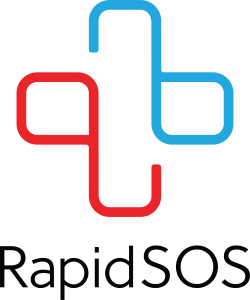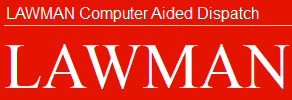74 Cloud Mapping
- Home
- Products
- 74 Cloud Mapping
Affordable NG911 Mapping Solutions with Confidence
Accurate mapping is a critical component of NG911, as it allows emergency responders to quickly and efficiently locate and assist callers in need.
Easily turn layers on and off
GIS map layers provide valuable visual representation of data and help us to better understand and analyze complex spatial information. By overlaying various layers such as roads, boundaries, land use, and environmental features, GIS maps provide a comprehensive view of a particular area, allowing us to make informed decisions and take appropriate actions.
Effortlessly navigate with our professional mapping solution.
Navigating with ease is made possible by our mapping product. It provides accurate and up-to-date information, making it easier for you to get responding units where they need to go.
CAD Integration
Integrating maps with Computer Aided Dispatch (CAD) is a crucial step in optimizing emergency response systems. By combining real-time location data with detailed maps, emergency responders can quickly and accurately locate callers in need and dispatch the appropriate resources to the scene. This integration can improve response times, increase efficiency, and ultimately save lives.

Securely links life-saving data from connected devices, apps and sensors to RapidSOS safety agents, 911 and field responders globally.




Connect units, callers, locations, and data using interactive maps. Work with smart, data-driven styles and intuitive analysis tools.




Did you know that integrating maps with Computer Aided Dispatch (CAD) is a crucial step in optimizing emergency response systems?



Overall Efficiency of the Emergency Response System.
When integrating maps with Computer Aided Dispatch (CAD), it is possible to display responding emergency units in a visible map manner. This can allow dispatchers to see the location and status of all available units in real-time, and assign the closest and most appropriate unit to the emergency. This not only ensures a quicker response time but also helps optimize the use of resources and increase the overall efficiency of the emergency response system.



